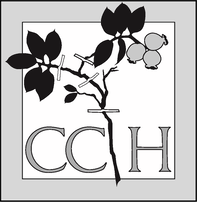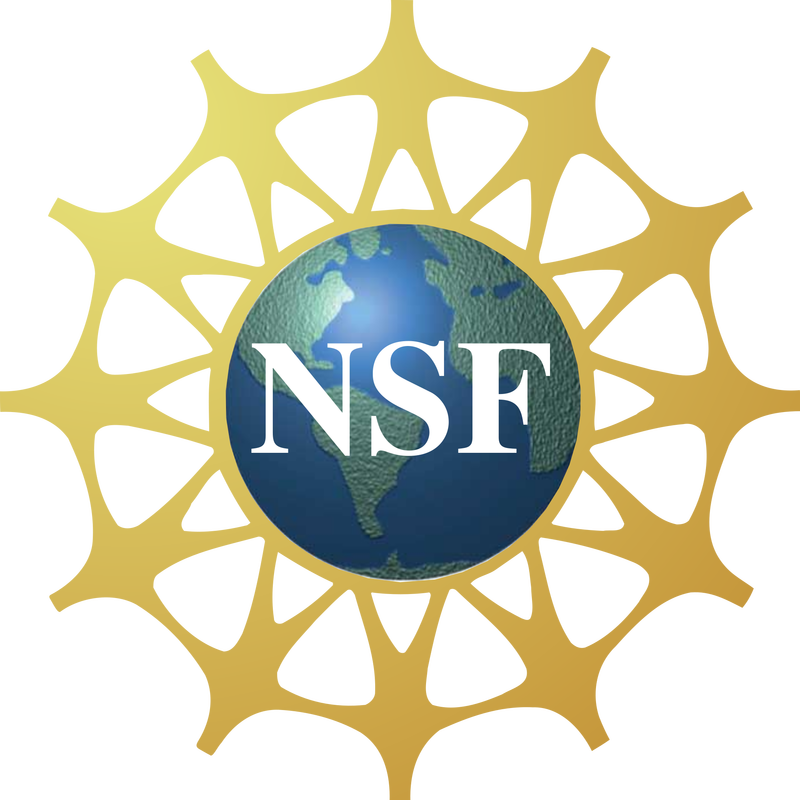Project Plan

Phenology Data Portal
We will leverage previous digitization efforts and greatly expand the capacity of California herbaria. We will create a new Phenology Data Portal using Symbiota, an open-source, web-accessible collections management platform, and develop new tools that will be available to all Symbiota users. This portal will greatly expand California’s ability to digitize specimens given the data curation and management tools inherent in the Symbiota software. This portal will provide the infrastructure necessary to manage and serve all images generated by participating institutions as part of this project and into the future. To ensure that the phenological data collected here is useful into the future, we will develop data standards for phenological traits that are shareable as Darwin Core Archives. This will set the stage for how trait data, beyond phenology, is dealt with in future digitization efforts.
This project is being conducted under the umbrella of the Consortium of California Herbaria, an organization that serves the collections community of the state. The project will help leverage the previous digitization efforts coordinated by the CCH and provide a framework that all future digitization activities will benefit from. Since 2003, the Consortium of California Herbaria (CCH; http://ucjeps.berkeley.edu/consortium/) has served the main goal of making California specimen data available to the public, which has facilitated much research on the flora (https://scholar.google.com/citations?hl=en&user=R9KFuPQAAAAJ). Since that time, institutions in California and across the U.S. have shared vascular plant data from California via the CCH search page. The CCH has reached a number of important milestones; growing to include over 30 member institutions, serving over 2 million digital records, and establishing regular communication via the CCH Google group. Despite the growth and successes of the CCH, institutions in California face numerous challenges moving forward. Many partner institutions lack modern databases to curate their records and efficiently share data. Through the development of a new Symbiota based Phenology Portal, this project will expand of the CCH to include new participants and the enable those new participants (and other collections in the CCH) to dynamically manage their data directly in the new portal. This will add long-term stability and sustainability to the CCH, ensure that newly added collections comply with Darwin Core standards, and facilitate data mobilization. In the future, the CCH search page will obtain data for California specimen from the portal and will continue to serve as a searchable public database linked to the Jepson eFlora project.
Digitization and Data Sharing
Each digitizing institution will be equipped with one imaging station in accordance with community recommendations. There will be separate digitization workflows depending on the status of the specimen. Some will already have the label data captured in a database and these data will already be loaded into the Phenology Portal. If the specimen has not been databased, skeletal data will be captured at the time of imaging, and full label capture will occur in later steps. We will leverage the tools and expertise of Integrated Digitized Biocollections (iDigBio) to link images to database records and make these records publicly accessible on the Phenology Portal.
Data Standards
Our goal is to further the development of data standards that have broad community support, as well as develop protocols and training materials that will ensure long-term community participation. In close collaboration with iDigBio, the Biodiversity Information Standards (TDWG), and the Mobilizing New England Vascular Plant Specimen Data to Track Environmental Change (NEVP) Thematic Collections Network, and based on the results of the March 2016 iDigBio-sponsored workshop with the relevant stakeholders (Yost et al., 2018, Applications in Plant Sciences), our advisory committee will work toward standardizing protocols for phenological traits in AppleCore, a set of standards developed to address data fields and vocabulary needs specific to herbaria, such that the data is easily comparable and sharable via Darwin Core Archives.
We will leverage previous digitization efforts and greatly expand the capacity of California herbaria. We will create a new Phenology Data Portal using Symbiota, an open-source, web-accessible collections management platform, and develop new tools that will be available to all Symbiota users. This portal will greatly expand California’s ability to digitize specimens given the data curation and management tools inherent in the Symbiota software. This portal will provide the infrastructure necessary to manage and serve all images generated by participating institutions as part of this project and into the future. To ensure that the phenological data collected here is useful into the future, we will develop data standards for phenological traits that are shareable as Darwin Core Archives. This will set the stage for how trait data, beyond phenology, is dealt with in future digitization efforts.
This project is being conducted under the umbrella of the Consortium of California Herbaria, an organization that serves the collections community of the state. The project will help leverage the previous digitization efforts coordinated by the CCH and provide a framework that all future digitization activities will benefit from. Since 2003, the Consortium of California Herbaria (CCH; http://ucjeps.berkeley.edu/consortium/) has served the main goal of making California specimen data available to the public, which has facilitated much research on the flora (https://scholar.google.com/citations?hl=en&user=R9KFuPQAAAAJ). Since that time, institutions in California and across the U.S. have shared vascular plant data from California via the CCH search page. The CCH has reached a number of important milestones; growing to include over 30 member institutions, serving over 2 million digital records, and establishing regular communication via the CCH Google group. Despite the growth and successes of the CCH, institutions in California face numerous challenges moving forward. Many partner institutions lack modern databases to curate their records and efficiently share data. Through the development of a new Symbiota based Phenology Portal, this project will expand of the CCH to include new participants and the enable those new participants (and other collections in the CCH) to dynamically manage their data directly in the new portal. This will add long-term stability and sustainability to the CCH, ensure that newly added collections comply with Darwin Core standards, and facilitate data mobilization. In the future, the CCH search page will obtain data for California specimen from the portal and will continue to serve as a searchable public database linked to the Jepson eFlora project.
Digitization and Data Sharing
Each digitizing institution will be equipped with one imaging station in accordance with community recommendations. There will be separate digitization workflows depending on the status of the specimen. Some will already have the label data captured in a database and these data will already be loaded into the Phenology Portal. If the specimen has not been databased, skeletal data will be captured at the time of imaging, and full label capture will occur in later steps. We will leverage the tools and expertise of Integrated Digitized Biocollections (iDigBio) to link images to database records and make these records publicly accessible on the Phenology Portal.
Data Standards
Our goal is to further the development of data standards that have broad community support, as well as develop protocols and training materials that will ensure long-term community participation. In close collaboration with iDigBio, the Biodiversity Information Standards (TDWG), and the Mobilizing New England Vascular Plant Specimen Data to Track Environmental Change (NEVP) Thematic Collections Network, and based on the results of the March 2016 iDigBio-sponsored workshop with the relevant stakeholders (Yost et al., 2018, Applications in Plant Sciences), our advisory committee will work toward standardizing protocols for phenological traits in AppleCore, a set of standards developed to address data fields and vocabulary needs specific to herbaria, such that the data is easily comparable and sharable via Darwin Core Archives.

